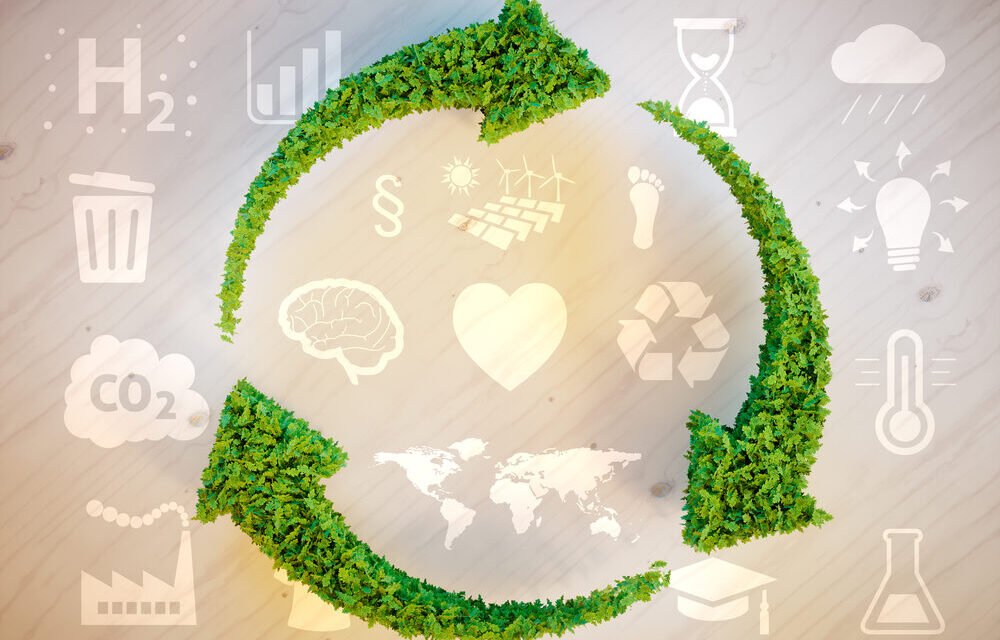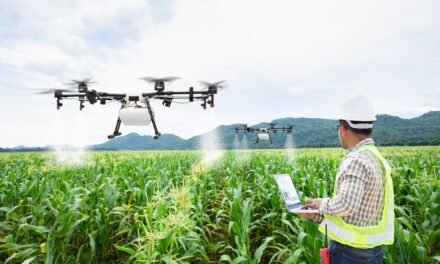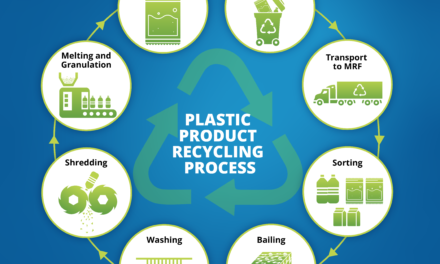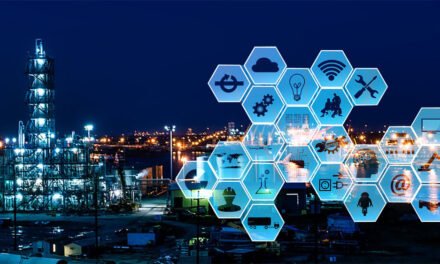The plastic extrusion industry plays a crucial role in advancing sustainability, focusing on reducing environmental impact, promoting recycling, and improving energy efficiency. Through technological innovations and material advancements, the industry is aligning with global sustainability goals. Here’s how plastic extrusion contributes to sustainability efforts:
1. Use of Recycled and Recyclable Materials
Contribution:
- Increased use of post-consumer recycled (PCR) and post-industrial recycled (PIR) plastics in extrusion manufacturing.
- Integration of closed-loop recycling to recover and reuse waste materials from extrusion processes.
- Development of mono-material packaging for easier recycling compared to multi-layer, mixed-plastic products.
Impact:
- Reduces plastic waste in landfills and oceans.
- Lowers carbon footprint by minimizing reliance on virgin plastic.
- Supports circular economy initiatives by extending material life cycles.
2. Adoption of Bio-Based and Biodegradable Plastics
Contribution:
- Growth in bio-based polymers, such as PLA (Polylactic Acid), PHA (Polyhydroxyalkanoates), and bio-PET, derived from renewable sources like corn starch and sugarcane.
- Development of biodegradable plastic films and compostable packaging materials for sustainable alternatives to traditional plastics.
- Extrusion of natural fiber-reinforced composites using fillers like bamboo, hemp, or wood fibers.
Impact:
- Reduces fossil fuel dependency in plastic production.
- Creates environmentally friendly alternatives for single-use plastics.
- Aligns with eco-regulations and green consumer demand.
3. Energy-Efficient Manufacturing Processes
Contribution:
- Use of high-efficiency extruders with optimized screw designs to reduce energy consumption.
- Adoption of infrared and induction heating systems to minimize power usage in extrusion lines.
- Implementation of variable speed drives (VFDs) and automation for precise energy control.
- Integration of waste heat recovery systems to repurpose excess heat from extruders.
Impact:
- Reduces energy consumption and operational costs.
- Lowers greenhouse gas (GHG) emissions.
- Enhances sustainable manufacturing and carbon neutrality efforts.
4. Reduction of Material Waste
Contribution:
- Optimized extrusion techniques minimize off-cuts and production waste.
- Development of thin-wall extrusion to reduce material use while maintaining product performance.
- Implementation of precision control systems (AI and IoT) to detect and correct defects in real-time, reducing rejects.
- Reuse of trim and scrap materials in secondary production cycles.
Impact:
- Decreases waste generation and disposal costs.
- Improves resource efficiency and material savings.
- Supports zero-waste manufacturing goals.
5. Sustainable Packaging Solutions
Contribution:
- Production of lightweight plastic packaging to reduce transportation emissions and resource use.
- Growth in barrier films for food preservation, reducing food waste.
- Shift toward recyclable single-layer films, eliminating complex multi-material structures.
Impact:
- Reduces packaging waste and environmental footprint.
- Enhances food safety and shelf life, minimizing food waste.
- Meets consumer demand for sustainable packaging.
6. Compliance with Environmental Regulations
Contribution:
- Adoption of eco-certifications such as ISO 14001 (Environmental Management Systems) and LEED (Leadership in Energy and Environmental Design) for sustainable practices.
- Compliance with government regulations restricting single-use plastics and enforcing extended producer responsibility (EPR).
- Implementation of life cycle assessments (LCAs) to track the environmental impact of plastic extrusion products.
Impact:
- Encourages eco-friendly manufacturing policies.
- Reduces regulatory risks and penalties.
- Supports corporate sustainability goals.
7. Advancements in Recyclable Composite Materials
Contribution:
- Development of extruded wood-plastic composites (WPCs) for construction and automotive applications.
- Growth in recyclable thermoplastic composites for lightweight and high-strength solutions.
- Innovations in co-extrusion techniques to bond eco-friendly layers with structural plastics.
Impact:
- Expands use of sustainable materials in long-life applications.
- Reduces reliance on non-recyclable thermosets.
- Enhances durability and reduces maintenance needs.
8. Wastewater and Emission Reduction Initiatives
Contribution:
- Closed-loop water cooling systems in extrusion lines to reduce water waste.
- Filtration and recovery systems for VOC (volatile organic compound) emissions from plastic processing.
- Investment in solvent-free and low-VOC extrusion methods.
Impact:
- Lowers water consumption and environmental pollution.
- Improves air quality and workplace safety.
- Supports green manufacturing standards.
Conclusion
The plastic extrusion industry is playing a key role in sustainability efforts by incorporating recycled and bio-based materials, energy-efficient technologies, waste reduction strategies, and regulatory compliance measures. By embracing circular economy principles, reducing emissions, and optimizing production processes, the industry is actively working toward a more sustainable and environmentally responsible future
Hashtags
#SustainableExtrusion #EcoFriendlyPlastics #GreenManufacturing #SustainablePlastics #CircularPlastics #RecycledPlastics #PlasticRecycling #ZeroWasteManufacturing #UpcycledMaterials #WasteToWealth #BiodegradablePlastics #BioBasedPolymers #EcoExtrusion #SustainablePolymers #FutureOfPlastics #LowCarbonPlastics #EnergyEfficientManufacturing #CarbonNeutralPlastics #RenewablePlastics #SmartExtrusion #DigitalManufacturing #AIinManufacturing #Industry40 #SustainableInnovation #EcoConsciousManufacturing #PlasticsRevolution










